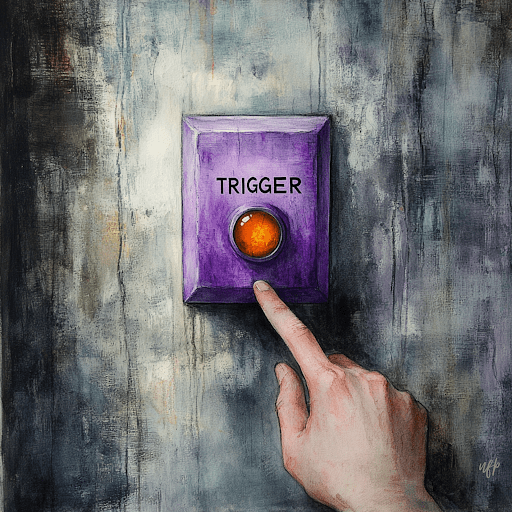
Have you ever felt like screaming to the top of your lungs, “When is my healing coming God! When!” (It’s okay. He knows your heart and doesn’t take offense to the yelling)
Healing is a deeply personal journey. It can feel frustrating, especially when we long for immediate relief. Your feelings are valid. I believe God can use this time of slow healing to strengthen our faith and refine us in powerful ways. Here are some ways to view slow healing:
- Trusting in God’s Timing: The book of Isaiah (55:8-9) reminds us, “For my thoughts are not your thoughts, neither are your ways my ways, declares the Lord. For as the heavens are higher than the earth, so are my ways higher than your ways and my thoughts than your thoughts.” When healing feels slow, it’s easy to get discouraged and question God’s plan. However, this verse encourages us to trust that He has a perfect timing for our lives, even when we can’t see it. Perhaps the slow healing allows for deeper inner work or prepares us for a future blessing we can’t yet imagine.
- Transformation Through Trials: The Bible is full of examples of how God uses trials to refine His people. In Romans 5:3-4, we read, “Let us rejoice in our sufferings, knowing that suffering produces perseverance, and perseverance produces character, and character produces hope.” Imagine a caterpillar enduring the process of transformation into a butterfly. It seems slow and even painful, but the result is breathtaking beauty. Similarly, God may use slow healing to transform us from the inside out, building resilience and a deeper trust in Him.
- Surrendering and Letting Go: Sometimes, slow healing happens because we’re clinging to past hurts or trying to control the situation ourselves. The book of Proverbs 3:5-6 instructs us, “Trust in the Lord with all your heart, and do not lean on your own understanding. In all your ways submit to him, and he will make your paths straight.” Surrendering to God’s will and letting go of the need for immediate change can open us up to His healing grace.
- Finding Strength in Community: The Bible emphasizes the importance of community in times of struggle. Ecclesiastes 4:9-10 says, “Two are better than one, because they have a good reward for their toil. For if they fall, one will lift up his companion. But woe to him who is alone when he falls and has no one to lift him up.” Surrounding yourself with supportive and encouraging fellow believers who can pray for you, offer guidance, and simply listen can be a powerful source of strength during slow healing.
- The Power of Prayer: Prayer is a vital tool for healing and a direct line to God’s comforting presence. In Philippians 4:6-7, we find the promise, “Do not be anxious about anything, but in everything by prayer and supplication with thanksgiving let your requests be made known to God. And the peace of God, which surpasses all understanding, will guard your hearts and your minds in Christ Jesus.” Regularly talking to God, expressing your frustrations and fears, and asking for His strength and guidance allows Him to work in your life in profound ways.
Remember, you are not alone!
- God is always with you, even in the depths of your pain (Psalm 46:1).
- He loves you unconditionally, with a love that never fails (Romans 8:38-39).
- He has a purpose for your pain, and He will use it for good in your life and the lives of others (Romans 8:28).
Additional Resources
Consider seeking guidance from a spiritual leader, Christian therapist or counselor who can provide personalized support and equip you with tools for navigating your healing journey. There are also many Christian books and online resources that offer encouragement and practical advice for those facing slow healing.
By leaning on your faith, surrounding yourself with a supportive community, and actively seeking help, you can find hope and strength even during the slowest periods of healing. Remember, God is working in your life, even when you can’t see it.



